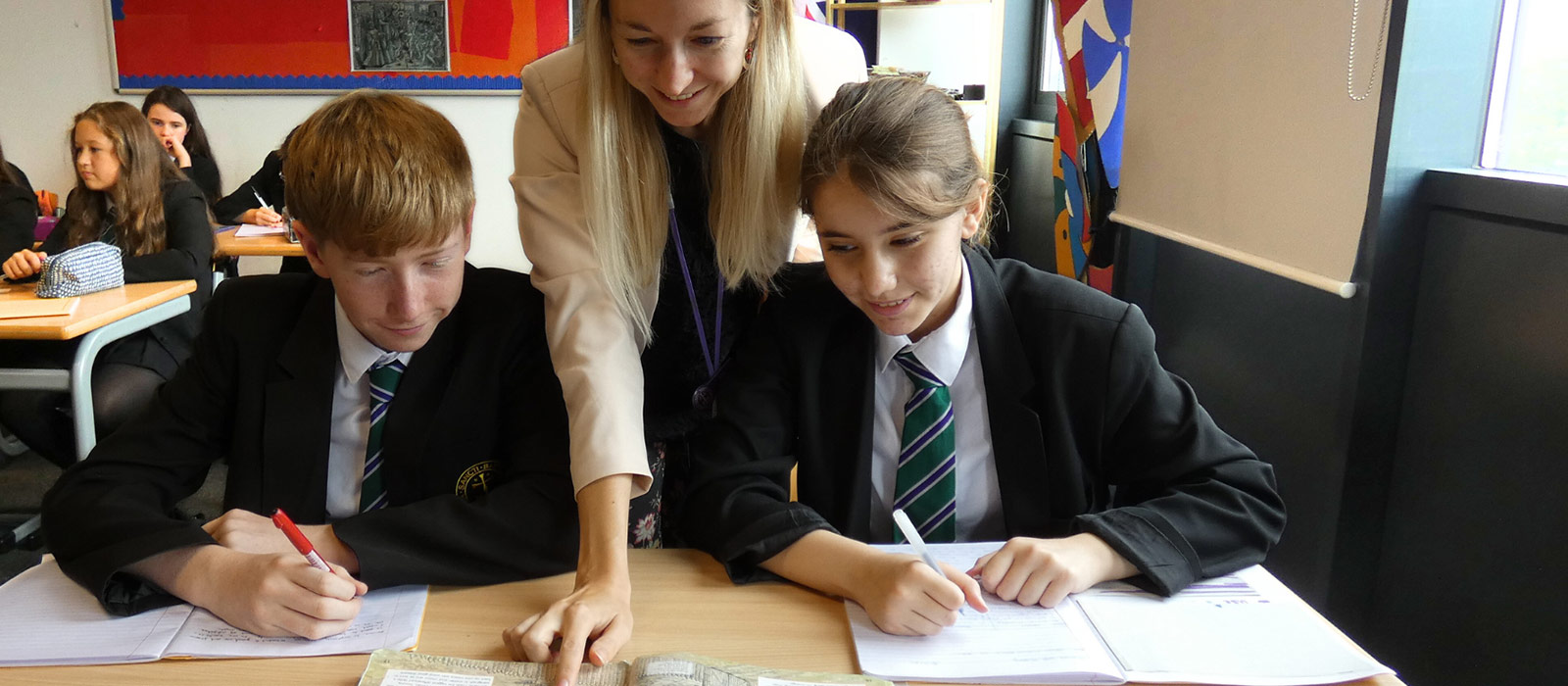History
History at St Bart’s equips students with a coherent knowledge and understanding of Britain’s past and that of the wider world. Our curriculum inspires students’ curiosity to know more about the past. We encourage students to ask perceptive questions, think critically, weigh evidence, sift arguments, and develop perspective and judgement.
History helps students to understand the complexity of people’s lives, the process of change, the diversity of societies and relationships between different groups, as well as their own identity and the challenges of their time. Our curriculum seeks to reflect not only the school’s BARTS values, with an emphasis on ‘Respect’, but also the British values of democracy, the rule of law, individual liberty, tolerance and respect. It is carefully sequenced to give students a broad understanding of the chronological development of British history, as well as being able to make links to other societies, cultures and world events.
Examination Board: OCR
Course Description
The A Level History course consists of four units which collectively cover themes from British, European and world history:
- The British unit focuses on the captivating period of the early Tudors, dating from 1485-1547. The topics studied include Henry VII, Henry VIII and the mid-Tudor crisis from 1547-1558.
- The unit focusing on Germany from 1919 to 1963 covers the turbulent period in German history which saw the rise of Hitler followed by 12 years of Nazi rule before Germany was then divided into East and West.
- A third unit is a thematic study of Russia’s history during the period 1855-1964 and focuses in particular on continuity and change as Russia moves from a Tsarist system of government to one of Communist dictatorship.
- The final aspect of the A Level History course is a coursework unit in which students investigate a history topic connected to one of the other 3 units. For this task, students are given the opportunity to research a particular event or period, and then produce their own personal investigation into that topic.
Assessment
This is a linear course. This means that students opting for an A Level in this subject will be committing to a two-year linear course, with all units examined at the end of Year 13.
Entry Requirements
History GCSE is not a requirement, but where students have completed the GCSE course, a Grade 5 or higher is required.
Revision Materials
Where might it lead?
A Level History can help open doors to careers in:
- Academic Librarian
- Academic Researcher
- Archaeologist
- Archivist
- Broadcast Journalist
- Civil Service
- Conservation
- Heritage Manager
- Historic Buildings
- Information Officer
- Lawyer
- Museum Education Officer
- Museum/Gallery Curator
- Teacher
- Policy Officer
- Politician
- Solicitor


